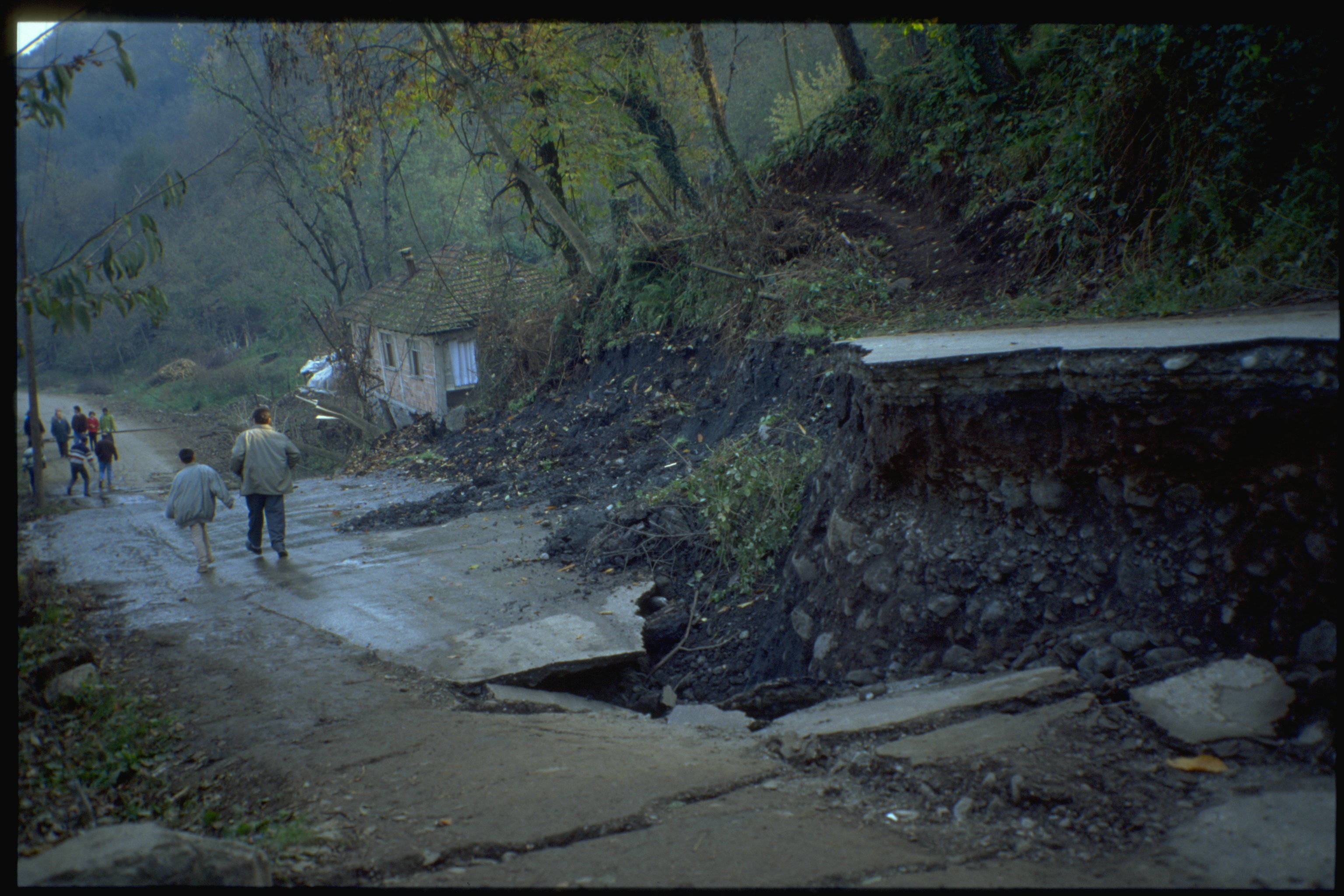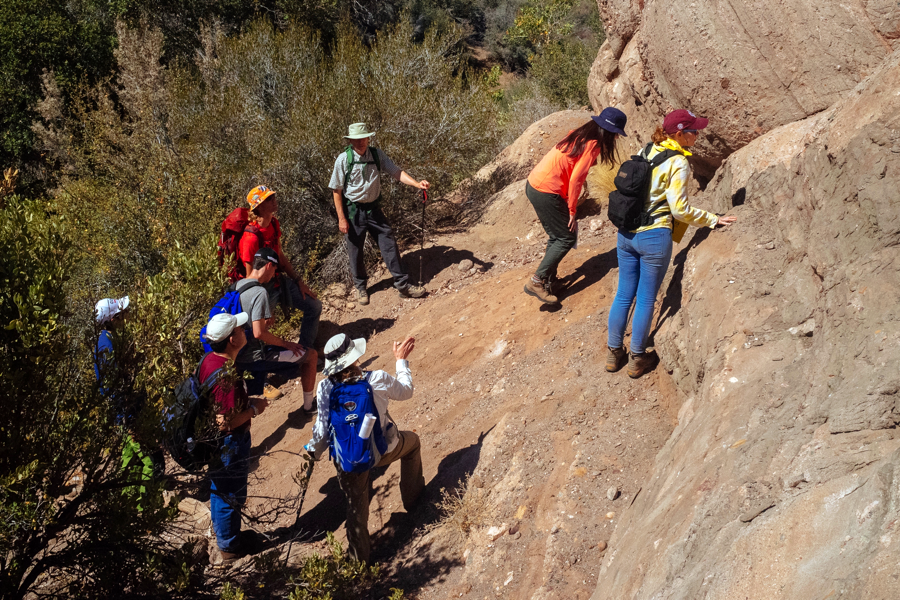All Categories
Featured
Table of Contents
Geophysical Surveys For Planning & More in Riverton Western Australia 2022
This work is increasingly contracted out, so consultancies supply another source of work. Consultancy companies differ in size, from very small business to big multinationals. Some consultancies are rather specialised in using particular geophysical methods or working in particular areas, while others use a more diverse series of services to their consumers.
The extraction of gas from garbage dump sites is another area of employment and this may grow in the future. Exploration companies may carry out work for building and construction companies, water companies, mining business and ecological firms, so geophysicists might be utilized in any of these settings. Other employers include: geological surveysgovernment bodies and agenciesuniversities and research institutes.


Vacancies might be noted in the oil and gas sector press. Recruitment is impacted by oil price fluctuations and the level of competitors for positions differs depending on this. Careers Days, which cover the full range of geoscience professions and are normally participated in by a variety of essential market employers, are run by The Geological Society.
Geophysical Survey Methods in Shoalwater WA 2020
Some of the big oil and gas business provide a complete two-year structured training program across the breadth of geophysics, including the opportunity to experience work in different teams before specialising in one area. Your training may consist of work on: existing wellsmagnetic and gravitational prospective field information analysisresearchrock analysis. It's more normal for your preliminary training to be offered on the task.

There may be a probationary period throughout which you work along with an experienced colleague. Competency-based appraisals occur frequently in many companies. In smaller sized companies, and for academic posts, there is unlikely to be any official training - you'll be anticipated to start work straightaway and get abilities as you go along.
If you work for a smaller sized business, you might find that you require to take responsibility for organizing and funding your own advancement and training. If you have a geology degree, membership of The Geological Society can be helpful for networking and for maintaining to date with the market.
What Would I Be Doing As A Geophysicist? in Greenwood Aus 2020
You may also find it beneficial to join the PESGB (The Petroleum Exploration Society of Great Britain, which has a geophysics special interest group. After a probationary duration, and when you have actually acquired some experience, you might advance to senior geophysicist, then group leader and then into a senior role in management.
The ease of motion in between functions depends upon the business structure. Study at Masters or Ph, D level in a subject related to geophysics or geosciences might aid with your career advancement and progression. The employment market within the oil and gas industry is extremely depending on price and this might affect your chances for career development.
For skilled geophysicists, freelance consultancy uses a good route for profession development. As a geophysicist, you're likely to have numerous jobs throughout your working life.
Geophysical Methods in Marmion Oz 2021
From geophysics, it's possible to focus on seismology (finishing more training to become a seismic interpreter) or to move into related areas such as engineering geology or threat forecast.
Deciding what to study in college is a difficult option. Even if you know that your field of interest lies in science, what program of study is best for you?
The very first action to attaining your goal of ending up being a geophysicist is earning a degree. Even for entry-level positions in the field of geoscience, you'll require a bachelor's degree (a geophysicist college degree) from a certified college or university. Geophysicists need to be able to: evaluate rocks, photographs, and other pieces of information conduct research study both in the field and in labs produce maps and charts of their findings write reports To accomplish all this, students need a specialized education for geophysicist careers.
As stated above, you'll need a bachelor's degree in geoscience or a related discipline, such as a physical science or a life sciences, to land an entry-level job. Students can also prepare by majoring in subjects like: Biology Chemistry Computer system science Engineering Mathematics Physics The above geophysicist majors offer a more generalized approach to a single scientific discipline, however the majority of programs require trainees to take one or more geology course.
Latest Posts
Geophysical Surveys: Definition & Methods in Forrestdale Oz 2020
Geophysics in Spearwood Australia 2022
Geophysical Survey in Kinross Oz 2022